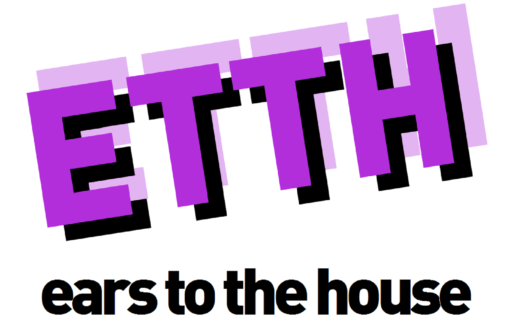
I see that Mixmag won some awards last week. Good for them. It’s always nice to be told you’ve done something good, although I find it highly curious how media organisations seem to want to be given awards for doing their jobs.
The awards they’ve won are in two categories. One is for the work they’ve done, courtesy of Funk Butcher (real name Kwame Safo), who highlighted how the Black Lives Matter movement related to dance music and the wider industry.
There are no qualms from me on this one. The work from Safo on this was nothing short of exceptional. I believe the issues were approached in a sensitive manner aiming to raise understanding. I do, however, question whether Mixmag has the bottle for what could be a very long campaign.
The second award is for an article by Annabel Ross which basically exposed how Erick Morillo got away with his appalling behaviour for so many years. You can read it here. What I found most shocking was not the details, but how long this had been going on for.
Whilst not directly quoting Mixmag’s managing director, the Drum’s article says:
“Mixmag’s Managing Director Nick Stevenson said the Morillo investigation was very much in the public interest. While it may not have the same infrastructure or budget as mainstream media outlets, he believes it is an editorial platform that does not shy away from telling the truth.”
Really?

So why does Mixmag have nothing to say about plague raves? Why do they never ask any difficult questions in any of their interviews? Why do they have nothing to say about serial abusers like Derrick May?
No, the truth is that Mixmag, like most of the dance music press, are failing in their duty. Their job is to hold the dance music world to account. It is not simply to tell us about drugs or about the latest release from an artist. They have a duty to inform their audience on what is really going on.
Yet the matter is – and this is not a situation unique to Mixmag – they are too close to the industry in order to report on it with any real objectively. If they run an unflattering article about an artist, nightclub or whatever, they run the risk of losing access to them.
Scared of being put on a blacklist, they’re cowed. It’s the same with most of the dance music press – they rarely bother to practice journalism anymore. There should be distance between those making the music and those writing about it, and it’s time that fact was remembered.
Yes, the exposé from Annabel Ross is extremely powerful work. The same with Kwame Safo. But this should be the norm in dance music, not merely the exception to what is a very dull magazine playing it safe.





[…] previous print editor Duncan Dick openly states this on his LinkedIn page. Great journalism is the exception, rather than the rule – and these stories are invariably almost never followed […]